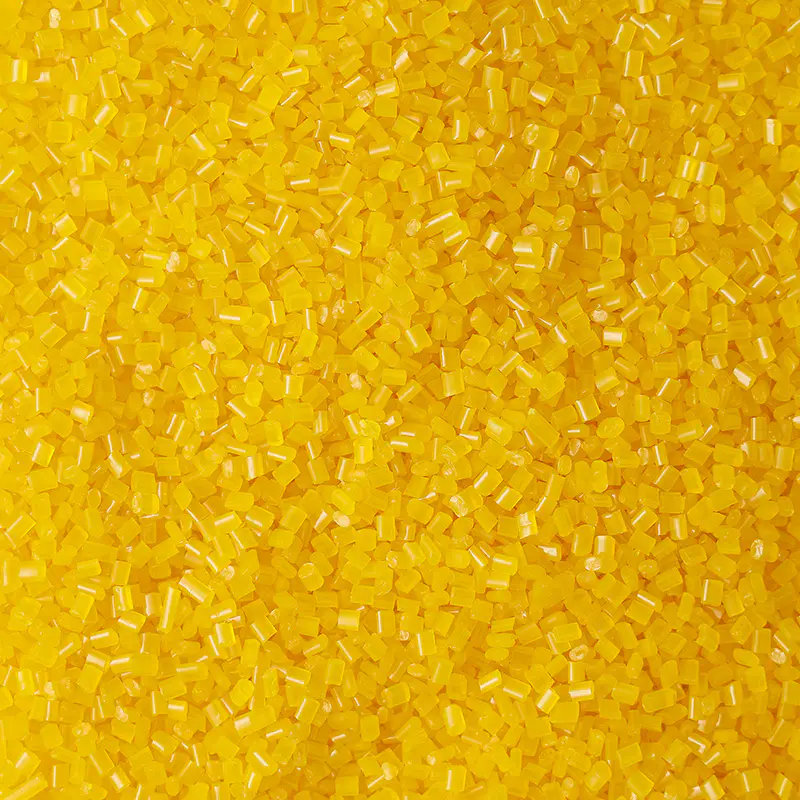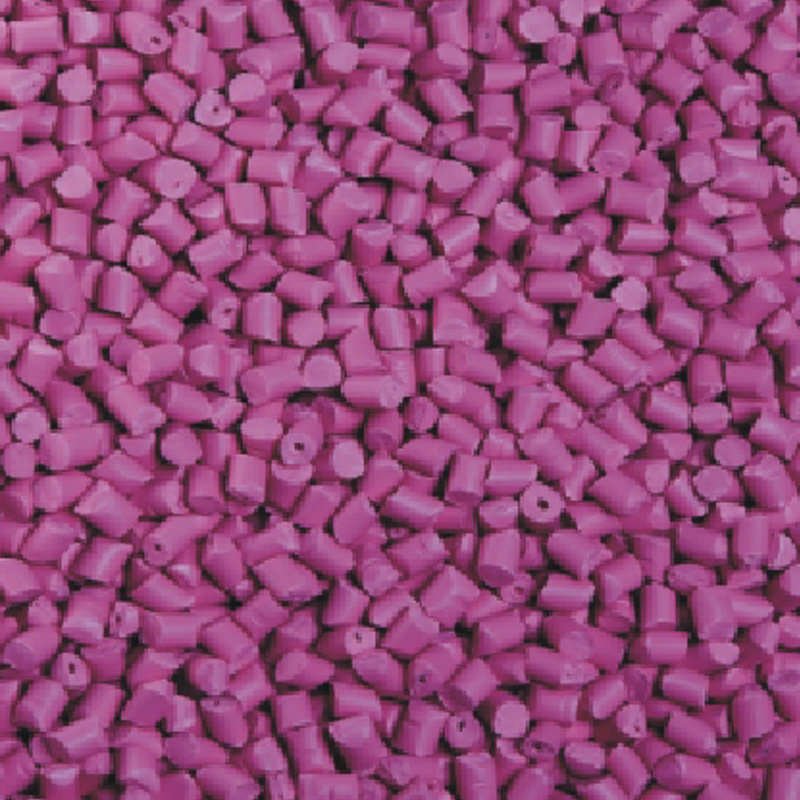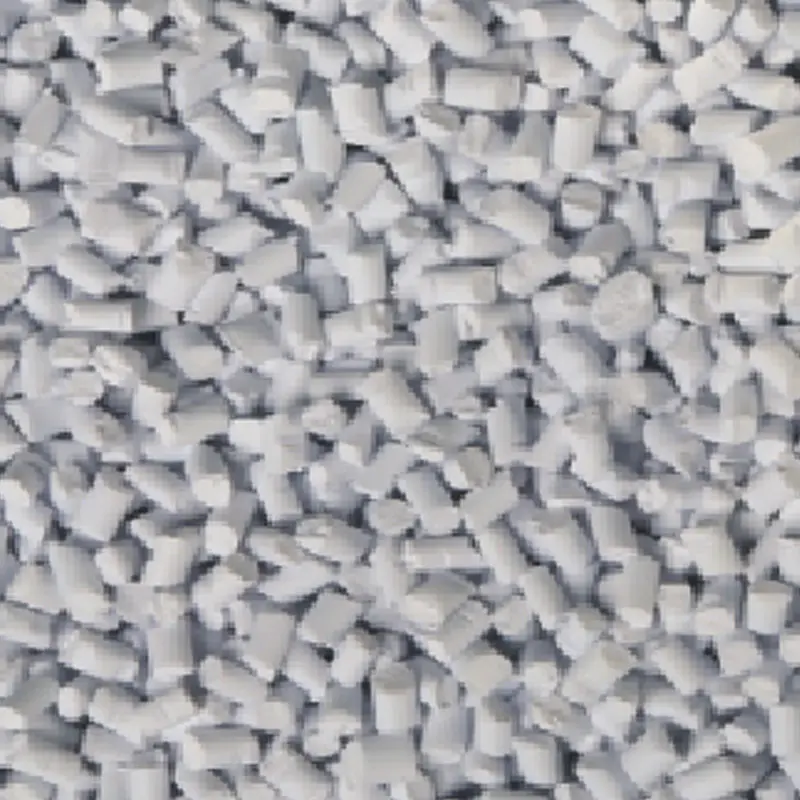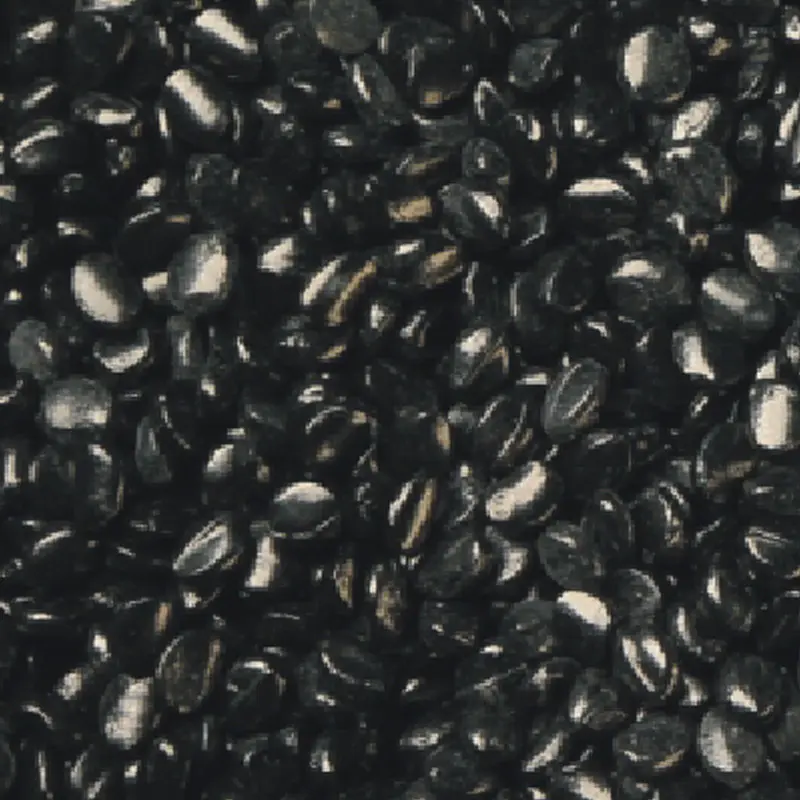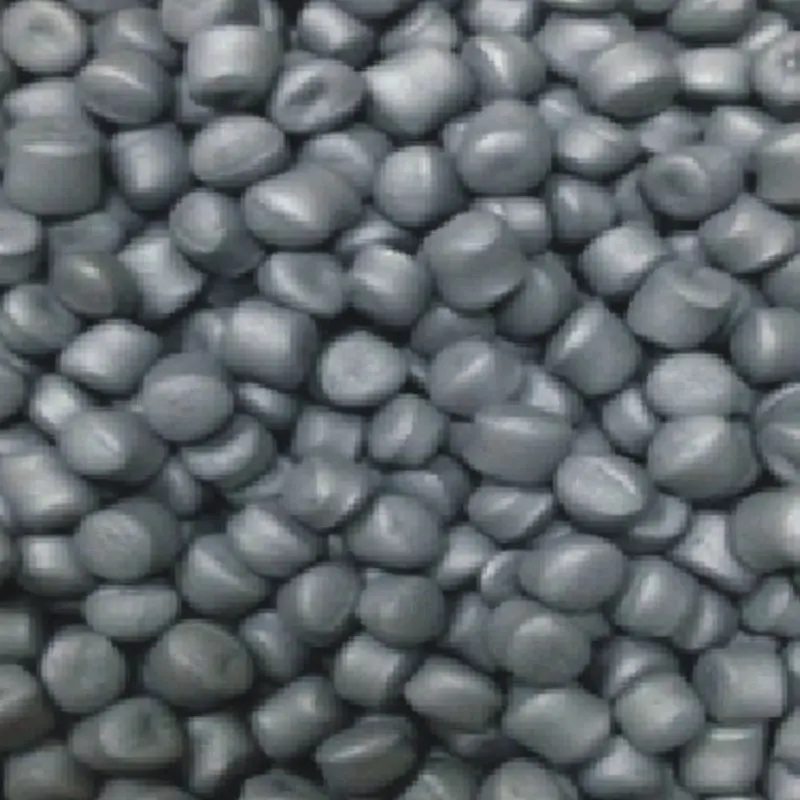Master batch manufacturers play a critical role in the production of high-quality plastic products by providing concentrated additives, pigments, and other materials to enhance the properties of plastics. However, these manufacturers face several challenges that can affect their ability to produce consistent and reliable master batches. In this article, we will explore common challenges faced by master batch manufacturers and discuss how to overcome them.
One of the primary challenges for a master batch manufacturer is ensuring consistent quality across all batches. Variations in the quality of raw materials, production processes, and even slight changes in environmental conditions can result in discrepancies in the final product. Inconsistent master batches can result in poor color matching, poor dispersion of additives, or even defects in the finished plastic products.
To overcome this challenge, master batch manufacturers should implement rigorous quality control processes at every stage of production. Regular testing of raw materials and finished products is essential to ensure that they meet the required specifications. Additionally, standardized production procedures and careful monitoring of environmental factors can help maintain consistency. Investing in advanced testing equipment, such as color spectrometers or particle size analyzers, can help identify and resolve quality issues early in the process.
With the increasing demand for specialized plastic products, many China Master Batch Plastics are faced with the challenge of providing customized solutions to meet the unique needs of their clients. Customers may require specific colors, additives, or functional properties, such as UV resistance or flame retardancy. Meeting these requirements often involves extensive research and development, as well as adapting production processes to accommodate unique formulations.
The availability and quality of raw materials are key factors in the production of high-quality master batches. Master batch manufacturers often rely on a variety of additives, pigments, and resins to create their products. Fluctuations in the availability of these raw materials, price volatility, or delays in delivery can create significant challenges in the production process.
To overcome these issues, it is important for master batch manufacturers to establish reliable relationships with multiple suppliers and maintain a flexible sourcing strategy. Developing long-term partnerships with key suppliers can help ensure the consistent availability of high-quality raw materials. Additionally, manufacturers can consider diversifying their supplier base to mitigate the risk of supply chain disruptions. It is also helpful to invest in forecasting and inventory management systems to predict demand and ensure that raw materials are available when needed.
With growing awareness of environmental concerns, many industries are facing stricter regulations regarding waste disposal, emissions, and the use of sustainable materials. For master batch manufacturers, this means needing to adapt their production processes to comply with environmental regulations and to create products that are eco-friendly.
The plastic industry is constantly evolving, and technological advancements play a key role in the development of new materials and manufacturing processes. Wholesale Polypropylene Masterbatchs need to stay updated with these changes to remain competitive and meet customer expectations. However, adopting new technologies and integrating them into existing systems can be costly and time-consuming.
Master batch manufacturers face a variety of challenges, from ensuring product consistency to adapting to changing environmental regulations. By implementing strong quality control processes, investing in R&D, maintaining a flexible supply chain, and focusing on innovation, manufacturers can overcome these challenges and continue to meet the needs of their customers. Building strong relationships with suppliers and customers, optimizing production processes, and adhering to industry standards will help manufacturers stay competitive in the dynamic and demanding master batch market.

 English
English Español
Español русский
русский
